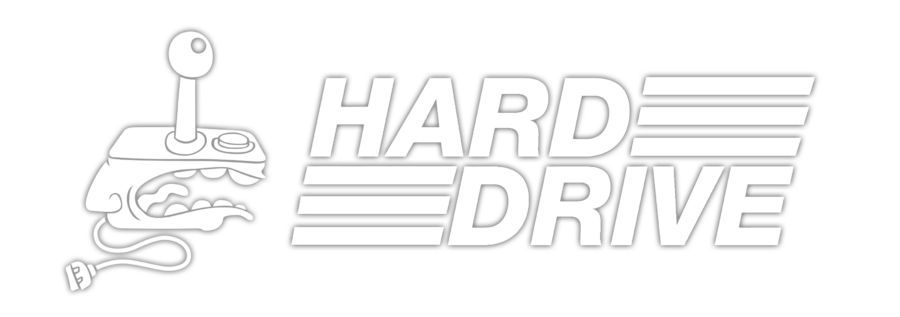WELLESLEY, Mass. — A recently published comprehensive study found spikes in depression and low self-esteem among groups that were regularly exposed to AI-generated images with weird looking fingers, the first to scientifically establish a clear link between artificial intelligence and negative finger-image among adolescents.
“I only have five fingers per hand, is there something wrong with me?” asked 15 year-old Ashlee Plimpton. “Every day, I see pictures of women with seven index fingers or two thumbs and I think to myself: ‘why can’t that be me?’ That’s how all my friends feel. One girl I know even paid to have a second set of knuckles sewed onto the end of her hand.”
The study was led by Elena Gertz, professor of Women’s Studies at Wellesley College.
“A.I. Images foster a culture of ‘competition and comparison’. It has these young women setting themselves up for failure by basing their self-worth around unattainable finger-types,” she explained. “It’s no longer enough to be smart or funny or beautiful, you also need to look weird when holding a cup.”
Of course, while manual-dysmorphia primarily affects women, men are not immune. A recent study found that 40% of men reported feelings of insecurity after seeing AI-generated images.
“I work with my hands, so it’s a constant reminder,” lamented a male carpenter that wished to remain anonymous in case someone tried to make fun of him. “But you can’t spend your whole life worrying how you compare to a reanimated Marlon Brando with worm hands. You just can’t. I’m trying to do better with that.”
Currently, finger modification is frowned on by most of the medical community, but that hasn’t quelled demand. Young people are going to great, and possibly unsafe, lengths to achieve these sought after body-types, driven by the need to keep up with their classmates.
“One of the eighth-graders found a guy on the Dark Web,” Plimpton explained. “For $7000, he’ll inject you with local anesthetic then smash your hand with a big hammer.”




